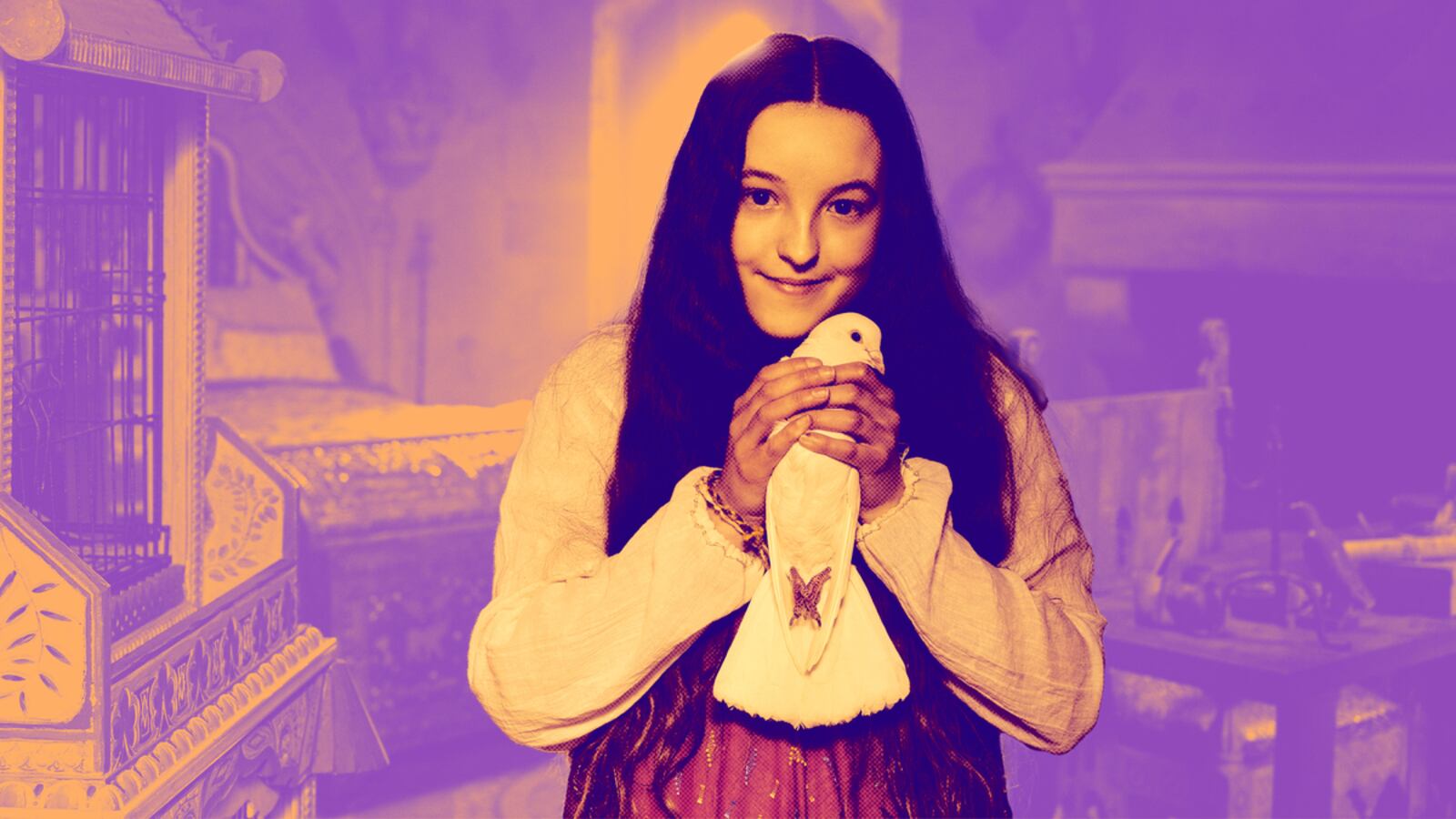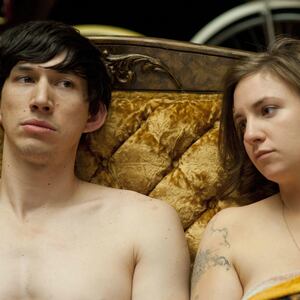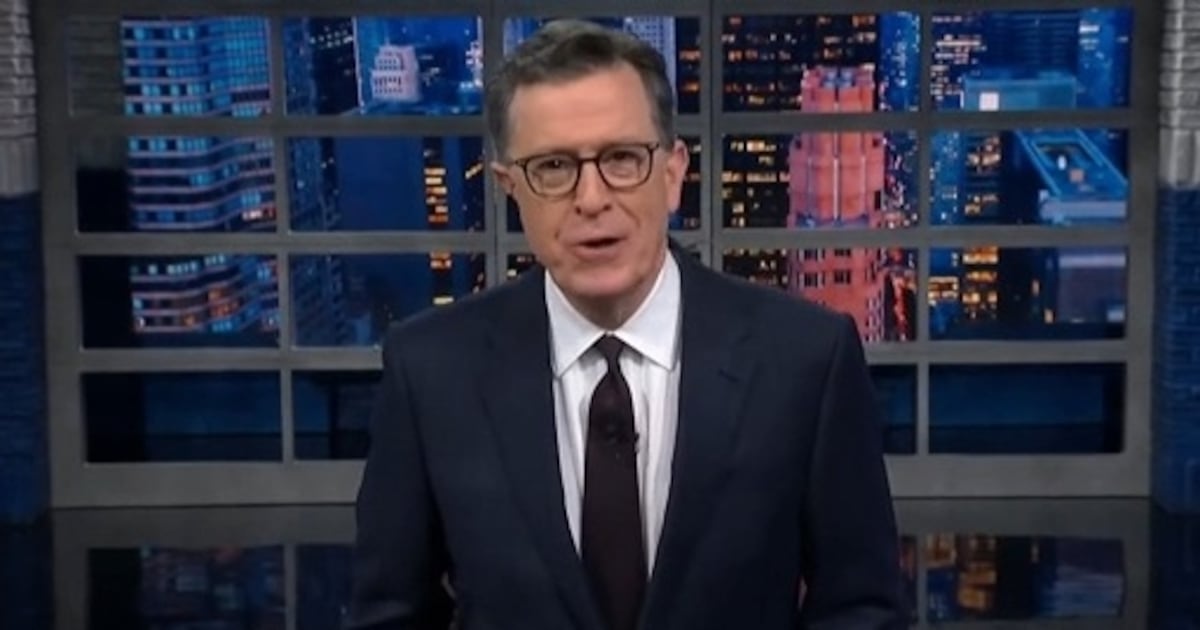There is a steadfast rule when it comes to period films: If a period piece has an anachronistic soundtrack, it’s going to knock you dead. Catherine Called Birdy gracefully falls into this category.
Lena Dunham’s new movie is practically buzzing with joy, a delightful coming-of-age romp soundtracked by spunky covers of Mazzy Star’s “Fade Into You” and Supergrass’ “Alright.” Following the likes of Sofia Coppola’s Marie Antoinette and the underrated Apple TV+ gem Dickinson, Catherine Called Birdy tells of a young lass living in 13th-century England. Birdy (Bella Ramsey) is a girl becoming a woman, though she’ll put every roadblock in her father’s (Andrew Scott) way before she is to marry.

We meet little Birdy during a pivotal moment in her life: her first menstrual cycle. Panicked at the first sight of blood, she rushes to tell her nurse Morwenna (Lesley Sharp) that she’s dying. Leave the bible to her brother. Leave the dresses to her best friend, Aelis. Birdy whines out her will, sad to leave the world, but still chipper about all the fun she’s had. But her true fate is much worse than death. When Birdy finds out that this means she’s a woman and can now be sold off into marriage, she’s even more distraught.
This topic is always harsh—seeing girls sold off into marriage, given away by their father, is not always the most fun thing to witness—but Dunham and Ramsey temper it with just enough pluckiness. Birdy spits cruel words and real saliva at her suitors, but she also loves her circle of friends and family enough to understand there will be consequences for her actions.
Birdy narrates the whole shebang, is a risky, occasionally overbearing tactic that actually pays off here. In her girlish reactions to everything in her life, Ramsey’s performance is reminiscent of Renée Zellweger’s in Bridget Jones’s Diary: delightful, sardonic, and insightful all at once. It’s always fun when Birdy chimes in with a gossipy little quip, her snarky take on the matter at hand very welcome.
As we watch Birdy’s family try (and fail, time and time again) to find her a suitor, the film is never clumsy with its feminist messaging. Plenty of films and TV shows try to plop The Future is Female-esque quotes into the dialogue, hungry for social media users to screenshot and plaster over the internet. But Catherine Called Birdy triumphs at prioritizing the holisticity of its own characters before making them bait for political messaging and marketing.
While the film is inherently feminist—Birdy’s plight, fighting against her suitors, is still a battle many young woman must face—the most revolutionary aspect of all is the respect it shows towards Birdy. Though she is but an adolescent girl, making plenty of mistakes and wreaking havoc with mud pies, ultimately, Catherine Called Birdy first and foremost respects her and her youth. She falters. But at the end, she’s the one teaching lessons to her elders. Hopefully, young girls can watch this and understand that they, too, can be fallible and wise at the same time.

Elders, after all, are not all-knowing. The gaggle of adults in this film—Birdy’s nurse, her father Sir Rollo, her mother Lady Aislinn (Billie Piper), and her Uncle George (Joe Alwyn)—only add to the charm of Catherine Called Birdy. They are also coming of age alongside sweet little Birdy, the first daughter of the family and by far the most reckless of their bunch. Birdy’s mother, who is usually in painful childbirth, is the best family member in her corner, offering Birdy a tender portrait of womanhood when she is at her lowest.
Andrew Scott and Joe Alwyn also lend themselves perfectly to Birdy’s buoyant personality. Scott pleases as a bumbling, arrogant father—who still, of course, cares deeply for his children, with a particular soft spot for Birdy. And Alwyn finally gets a chance to reprise his enchanting work in The Favourite, as Birdy’s knight in shining armor and the object of her best friend’s affections. Swoon!
The only downfall of Catherine Called Birdy is its PG-13 rating. While I thoroughly enjoyed the coming-of-age feel good film, it is rather sad to think that younger girls might not be able to meet Birdy. The original novel, written in 1994 by Karen Cushman, was sold as a children’s story, and the movie has no reason to be marketed towards adults. But there’s cursing, some sex talk, and plenty of period panic, hence the PG-13 rating. Still, I would advocate for most young girls to watch the movie.
Dunham’s latest feature—which comes just two months after Sharp Stick, her first feature in more than a decade—triumphs as a harmonious ode to growing up, parenting, family, and womanhood. Hopefully, Catherine Called Birdy will be delivered to the audiences who need it the most (young women), though it will surely charm the rest of the world into loving Birdy, the sweetest little gal (who still manages to look adorable in a dress made of mud).







